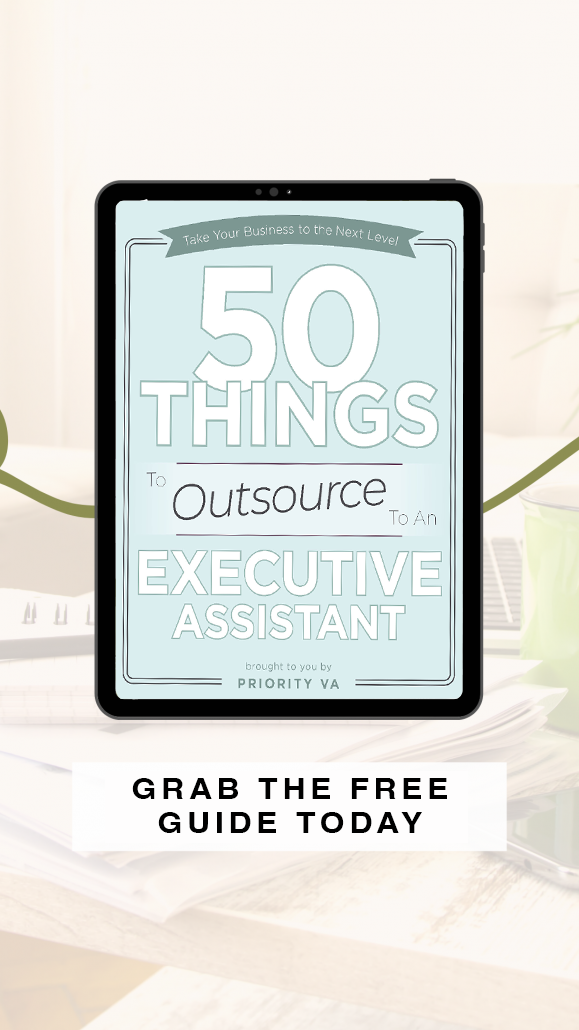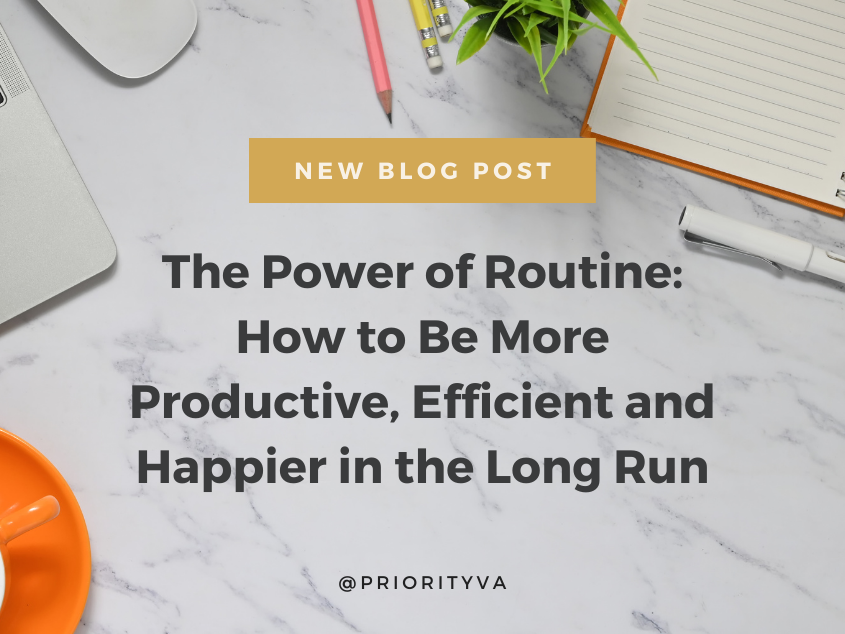I used to be known for working with hard-to-fit clients. I’d listen to their complaints, microaggressions, worries and anxieties that nobody they hired could do the job well.
These types of clients fretted about their high turnover rates and wondered why they couldn’t find a teammate worth their salt.
Unfortunately, none of these leaders could see that they were the common denominator in their failed efforts to build a trusted team.
In my years of matching business owners with executive support professionals, I’ve learned that leaders who find a lot wrong with their employees are prone to ignoring hard truths about themselves.
It’s easier for them to cast blame and find somebody new, than it is to accept ownership of their leadership. Sure, there are bad apples. I’ve certainly hired a few myself. But, when you replace an assistant every six to 12 months, your leadership is likely at fault.
A Sick Cycle Of Frustration
My observations aren’t shared from a pedestal. Personal problems kept me in an unhealthy cycle when I first started Priority VA. I taught clients about the benefits of outsourcing to a trusted executive assistant but struggled to do the same.
I worried, “Can I trust an assistant to do the same quality of work as me?”
It was only when I was near exhaustion that I decided to hire relief.
My new teammate took work off my plate, yes, but their presence invited a new kind of work. One that required me to face the dormant trust and control issues I had chronically neglected.
Related: Overcoming the Sick-Cycle Carousel of Frustration
Like many entrepreneurs, I struggled with the fear of letting go. I micromanaged my assistant’s performance and kept myself tied to the work I was paying someone else to do. Oh, the irony!
I became what I call a Helicopter CEO, a leader who hovers over their team because they don’t believe work is being done according to their expectations. I was also a reactive leader. Mistakes made me really upset. I blamed my assistant for the error and blamed myself for letting someone make me look bad.
Then a cycle would start. One I call the “Sick Cycle Carousel of Frustration.” It goes something like this:
When a leader discovers mistakes, or doesn’t like how work is being done, they get frustrated. They wonder why their team doesn’t “get it.”
This frustration leads to a desire for control. Leaders like me will take work back that they had originally delegated to make sure it’s done “right.”
But there’s a problem. The leader might feel glad to have control back, but now they resent that they are doing work they hired someone else to do. In turn, they react. They lash out or become passive-aggressive with their team.
The cycle is frustration, control and react. Around and around it goes, until a leader hits a brick wall of humility, like I did. I realized that if I wanted to scale my business and have the freedom I so desperately sought as an entrepreneur, I had to figure out why I couldn’t trust other people to help me.
My early years of leadership taught me a valuable lesson. Leaders aren’t born. They are made through humility and personal growth.
Are you willing to stop your sick cycle of frustration and pursue a new path?
Courage For Honest Reflection
On sales calls, I ask, “What needs to change about your leadership to take you to the next level?”
The answers are staggering. Leaders say they need to back off and let their team take the lead. Others need to deal with childhood wounds.
What is keeping you from getting to the next level?
Ask yourself:
- What are common complaints about me or my team culture?
- Why do people leave my business?
- Do members of my team have similar stories of micromanagement, passive aggression, abdicating responsibility or even blaming behavior?
- These questions help you identify patterns of behavior that contribute to issues of turnover, poor performance and even client attrition.
Don’t run from these realizations, but don’t shame yourself either. The idea is to objectively assess problems in your business without casting aspersions toward yourself or others.
Blame doesn’t solve anything. It fuels your frustration and grows the chasm between you and your team. They resent you for blaming them and you resent them for not living up to your impossible standards.
Related: How to Create Team Culture on a Small Business Budget
If you want to solve your team-building problems for good, and I know you do, let go of blame. Then get ready to roll up your sleeves.
Change in your organization starts with you. In the words of Jocko Willink, you must take ownership. As leaders, the buck stops with us. We have a part to play in every problem on our team.
Let’s say you blame your team for being entitled. You have a role in your team’s entitlement. Now, own the solution. Retrain your core values—or let go of people who don’t align with your culture.
Creating New Patterns
Reflecting on the personal problems that infiltrate your business—and navigating solutions—isn’t easy. This kind of self-reflection takes time and honesty. You don’t need to tell your team all of your childhood wounds so that they get you. That’s not it.
You do need to give them enough context so that they understand why you behave the way that you do.
Related: Appreciating your EA in New Ways
Progress may feel slow—like pushing a boulder up a mountain. If you haven’t yet, explore the support of a business coach, a life coach, a trusted friend or a therapist. I joke that my assistant is my therapist for this exact reason. You’d be surprised how willing an assistant is to help you through your insecurities and triggers.
Working through my junk has made me a happier, more patient and more grounded leader. I believe the same is possible for you if you’re willing to do the work—and be a little vulnerable.
Don’t do it alone
Are you feeling overwhelmed and don’t know how to get your routine under control?
Our Priority MATCH services can help you hire an executive assistant who will help you create a routine that works for you. Having someone who is accountable to help you stick to your routine is invaluable.
Stop struggling with distractions, unhappy clients, family issues and industry curveballs. Let us help you establish a routine that will make you more productive, efficient and happier in the long run.
Schedule a free, 30-minute strategy call right now and fill out our questionnaire so we can start helping you find your ideal teammate!





